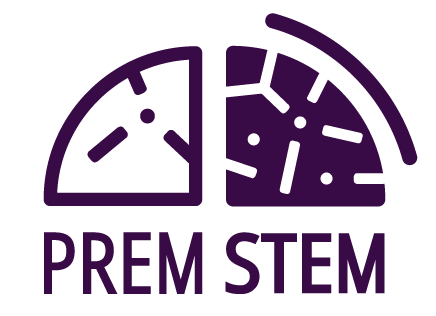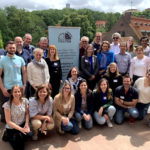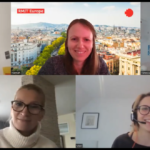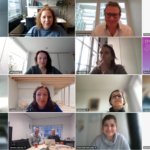We’re coming to the end of our second year of the PREMSTEM project in which we are investigating the use of stem cells to treat brain injury in preterm babies. I would like to take this opportunity to mention some of the highlights of the year.
Scientific progress
We’ve been running experiments in the small animal model to start compiling data on the best timing and way to administer the stem cells, i.e. via the nose or through an injection in the vein, to treat brain injury. This is ongoing work which will later be tested in the large animal model. Many of our teams are also looking at the effect of the stem cells on different cell types, such as neurons, and how the stem cells are affected by different conditions when we grow them. All of this research aims to get the best out of the stem cells and optimise their ability to repair damage.
In the project we’re using functional ultrasound (fUS) technology developed by our industry partner, Iconeus. Their machine has already been in use at our labs in Paris and Maastricht. This technology gives us high resolution images of brain activity and blood vessels, allowing us to look inside the brain in a non-invasive way.
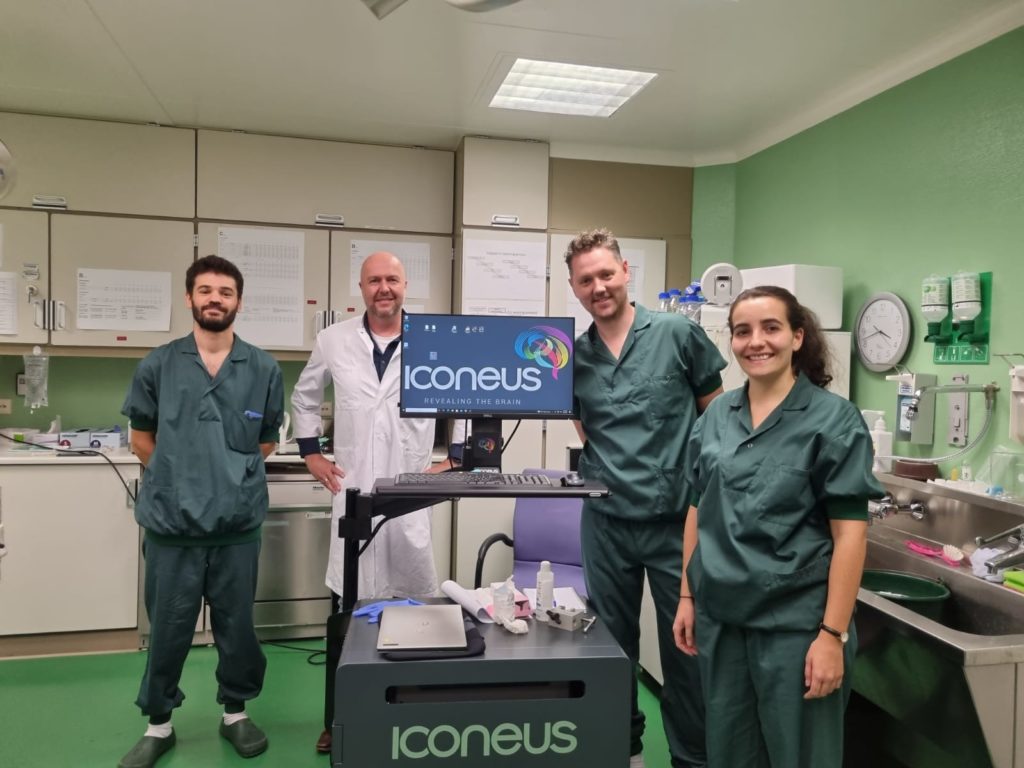
2021 peer-reviewed publications
Author(s): Sofia Passera, Marta Boccazzi, Cindy Bokobza, Valerie Faivre, Fabio Mosca, Juliette Van Steenwinckel, Monica Fumagalli, Pierre Gressens, Bobbi Fleiss
The immune-inflammatory response of oligodendrocytes in a murine model of preterm white matter injury: the role of TLR3 activation
Author(s): Marta Boccazzi, Juliette Van Steenwinckel, Anne-Laure Schang, Valérie Faivre, Tifenn Le Charpentier, Cindy Bokobza, Zsolt Csaba, Claudia Verderio, Marta Fumagalli, Shyamala Mani, Pierre Gressens
Author(s): Bobbi Fleiss, Juliette Van Steenwinckel, Cindy Bokobza, Isabelle K. Shearer, Emily Ross-Munro, Pierre Gressens
Neuroprotection offered by mesenchymal stem cells in perinatal brain injury: Role of mitochondria, inflammation, and reactive oxygen species
Author(s): Syam Nair, Eridan Rocha‐Ferreira, Bobbi Fleiss, Cora H Nijboer, Pierre Gressens, Carina Mallard, Henrik Hagberg
Author(s): Cindy Bokobza, Pooja Joshi, Anne-Laure Schang, Zsolt Csaba, Valérie Faivre, Amélie Montané, Anne Galland, Anouk Benmamar-Badel, Emmanuelle Bosher, Sophie Lebon, Leslie Schwendimann, Shyamala Mani, Pascal Dournaud, Valerie Besson, Bobbi Fleiss, Pierre Gressens, Juliette Van Steenwinckel
Reporting
In August we submitted our 18-month report to the European Commission in which we documented the project’s progress so far. This was a great effort, in particular by all of our work package leaders and the project coordination team at Inserm Transfert.
Annual meeting
In September we held our annual meeting in Brussels and for the first time since the project began, some of the members of the consortium were able to meet in person! Another 30-40 people, including representatives from our ethics and innovation management advisory boards, attended via Zoom.
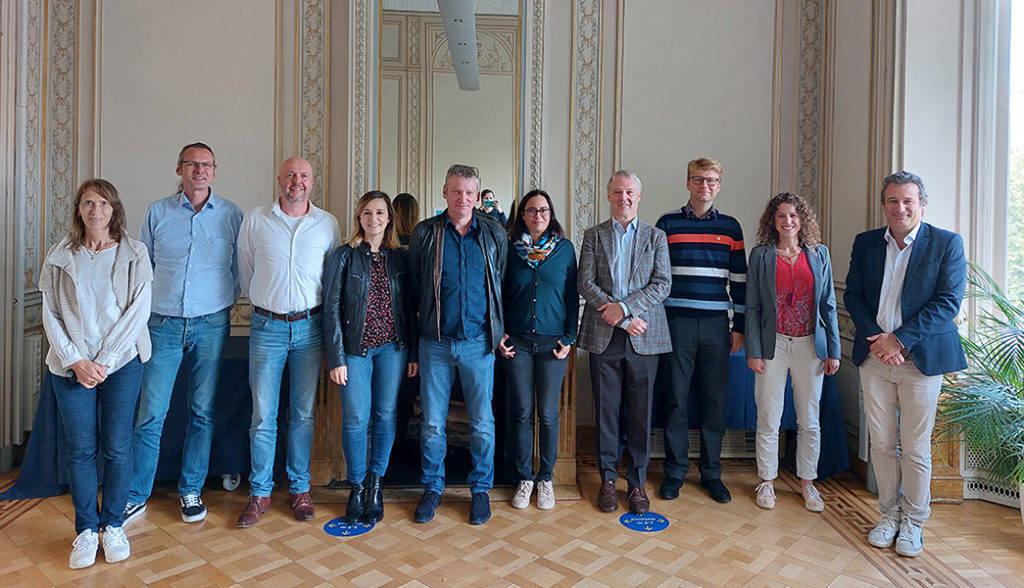
STEPtember
Some of the PREMSTEM team took part in this annual fundraising and wellness event, which is organised by one of our Australian partners, the Cerebral Palsy Alliance. Together we raised over €2,800 and took over 6,882,000 steps!
Awareness raising
This year we launched our project video and a fact sheet on preterm birth and brain injury, which has now been translated in multiple languages. These are available to download on our resources page.
We celebrated the women working in the PREMSTEM consortium on International Day of Women and Girls in Science and International Women’s Day. We also marked numerous global awareness days related to our research and the expertise of our scientific team, such as Brain Awareness Week, World Cerebral Palsy Day and World Prematurity Day. As part of the latter, Luc Zimmermann from EFCNI was invited to present PREMSTEM in a special online event for the Canadian Premature Babies Foundation.
Awards and nominations
Mickaël Tanter from Iconeus/Inserm and his collaborator Mathias Fink were nominated for the European Inventor Award 2021 for their novel, non-invasive medical imaging method which enables doctors to conduct scans and spare patients from painful biopsies.
Iona Novak from the Cerebral Palsy Alliance received the prestigious Elsass Foundation Research Prize for her contributions to cerebral palsy research. Iona’s research has four themes, including conducting clinical trials using stem cells in search of brain repair to lessen severity and improve quality of life. Among her achievements, Iona invented the ‘Evidence Alert Traffic Light’ system, which is used in interventions for children with cerebral palsy.
Cindy Bokobza from Inserm was awarded the 2021 Harmonie Mutuelle Alzheimer Prize in recognition of her original approach to neurodegenerative diseases, including the early diagnosis of Alzheimer’s. Her studies focus on the long-term consequences of preterm birth on the brain, injury to which can lead to motor or behavioural problems later in life.
Bobbi Fleiss from RMIT was successful in her National Health and Medical Research Council (NHMRC) funding application for the project ‘Studying the persisting glial dysfunction occurring after preterm brain injury to uncover new therapeutic targets’.
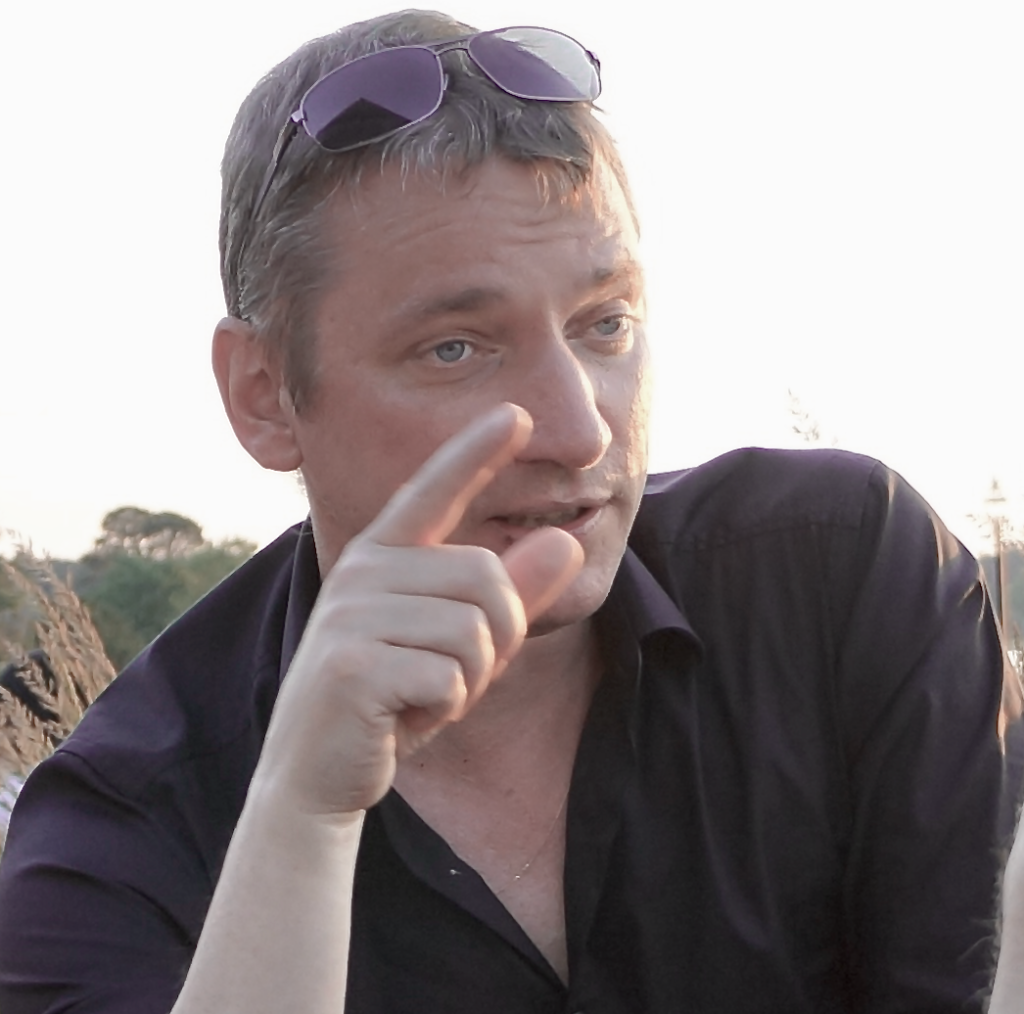
Thanks to everyone on the PREMSTEM team for this great year and for everyone external to the project for taking an interest in our research.
Professor Pierre Gressens
Project Coordinator, Inserm
